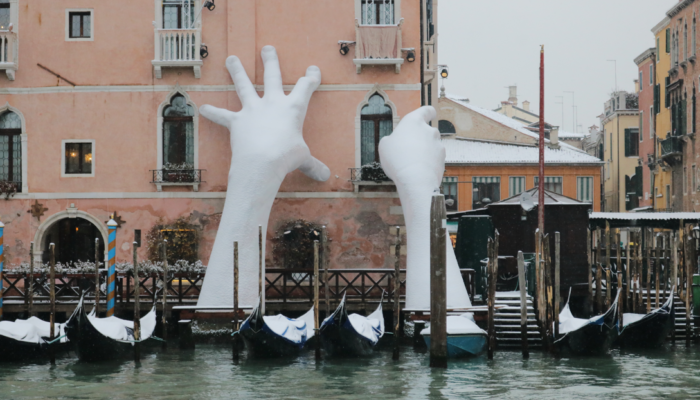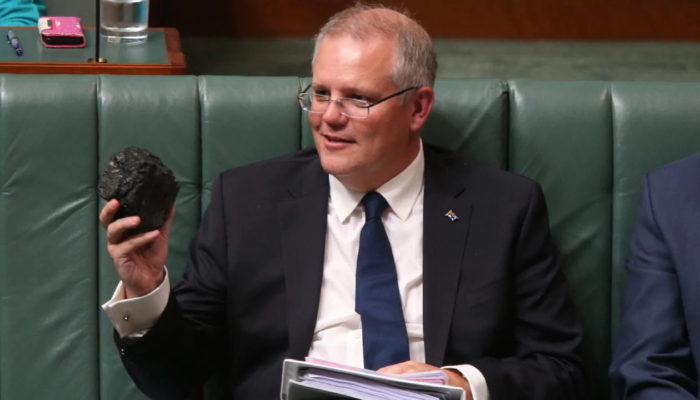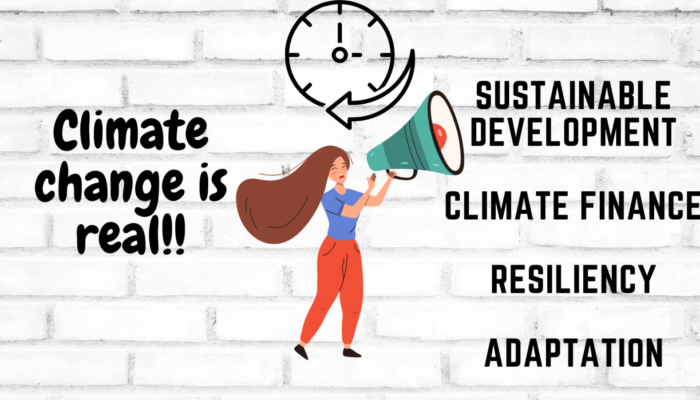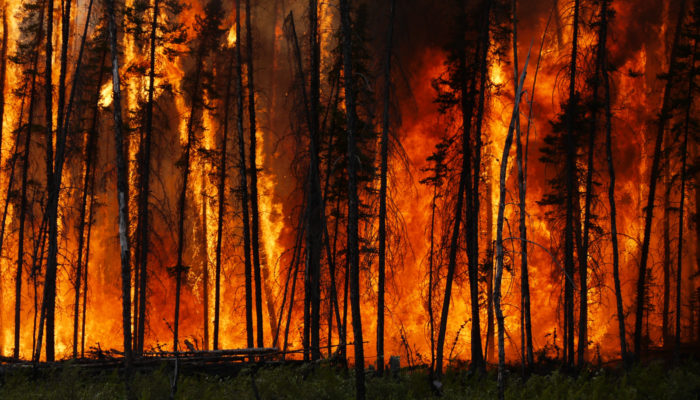In 1971 a group of environmental activists set sail from Canada to protest nuclear testing. With this journey the organization Greenpeace was born. 50 years old this year, Greenpeace and other organizations like it have seen environmental concerns move from the fringe to the mainstream, and eventually evolve into climate change activism. In 2009, at the United Nations Climate Change Conference in ...[Read More]
GeoPolicy: What does the IPCC’s 6th Assessment Report tell us about the future?
The Intergovernmental Panel on Climate Change (IPCC) prepares and publishes extensive Assessment Reports on the scientific, technical and socio-economic knowledge on climate change, including its impacts, future risks, and likely scenarios based on the actions that humanity takes. In their sixth Assessment Report (AR6), the IPCC’s certainty and warnings were clearer than ever. This month’s GeoPoli ...[Read More]
GeoPolicy: A Climate and Ecological Emergency: Can a pandemic help save us…?

The EGU’s #vEGU21 streamed a wide variety of virtual sessions from Short Courses to Union Symposia. While most #vEGU21 sessions had a specific scientific focus, a few highlighted topics that were of interest to geoscientists across multiple disciplines. The Union Symposia 3: “A Climate and Ecological Emergency: Can a pandemic help save us…?” was one of these sessions with a high level of participa ...[Read More]
GeoPolicy: When policymakers misuse science

Most of the EGU’s GeoPolicy blog posts focus on overarching topics that I believe will be useful for the majority of scientists who read them. I see myself as a facilitator who connects scientists and policymakers, providing impartial information to promote more effective knowledge exchange and subsequently evidence-informed policies. This month’s GeoPolicy post however, takes a differ ...[Read More]


